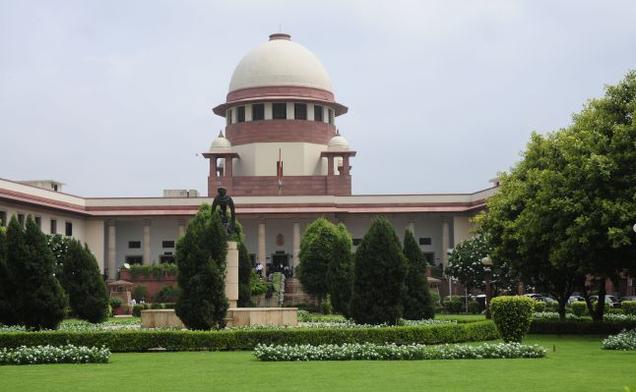
No One Can Be Permitted To Take The Benefit Of A Wrong Order Passed By A Court: Supreme Court
The Supreme Court observed that no one can be permitted to take the benefit of the wrong order passed by the court which has been subsequently set aside by the higher forum/court.
In this case, some excess amounts were paid to writ petitioners (applicants for the course of General Nursing Training) pursuant to the order passed by the Single Bench of the High Court, which was subsequently set aside by the Division Bench. While allowing the appeal, the Division Bench also directed that the State shall be at liberty to recover the excess amount paid to the original writ petitioners during their period of training as a period of leave permissible to him/her in easy equal installments. Against this direction, the writ petitioners approached the Apex Court.
Dismissing the appeal, the court noted that the amount paid in excess has to be refunded and/or returned by the original writ petitioners and the State is entitled to recover from them on the principle of restitution. Referring to the principle of Restitution, the bench comprising Justices MR Shah and BV Nagarathna observed:
“The restitution principle recognizes and gives shape to the idea that advantages secured by a litigant, on account of orders of the court, at his behest, should not be perpetuated… In the case of Ouseph Mathai v. M. Abdul Khadir, reported in (2002) 1 SCC 319, it is observed and held that after the dismissal of the lies, the party concerned is relegated to the position which existed prior to the filing of the petition in the court which had granted the stay. . Even otherwise, no one can be permitted to take the benefit of the wrong order passed by the court which has been subsequently set aside by the higher forum/court. As per the settled position of law, no party should be prejudiced because of the order of the court.”
Dismissing the appeal, the court directed that whatever amount is paid in excess to the original writ petitioners shall be recovered from the original writ petitioners in thirty-six equal monthly installments, to be deducted from their salary commencing from April 2022.
Case details
Mekha Ram vs the State of Rajasthan | 2022 (SC) 324 |
CA 2229-2234 OF 2022 | 29 March 2022
Coram: Justices MR Shah and BV Nagarathna
Counsel: Adv R.K. Singh for appellants, Sr. Adv Manish Singhvi for the State
